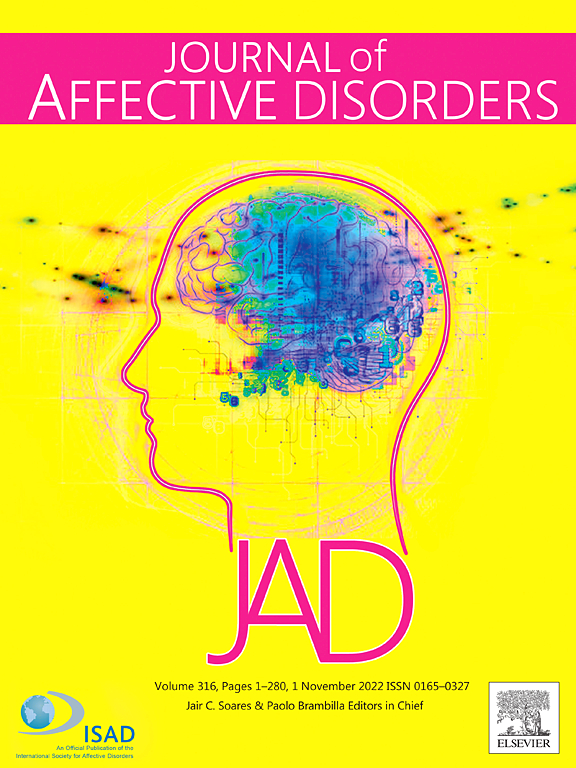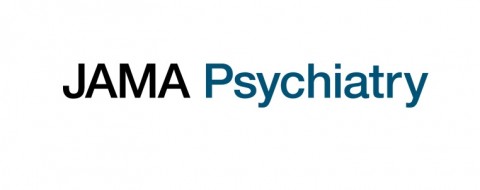Study protocol for a randomised controlled trial of an e-health stepped care approach for the treatment of internet use disorders versus a placebo condition: the SCAPIT study
Study protocol for a randomised controlled trial of an e-health stepped care approach for the treatment of internet use disorders versus a placebo condition: the SCAPIT study Anja Bischof, … Stefan Borgwardt … 2022, BMJ Open DOI: 10.1136/bmjopen-2022-061453




